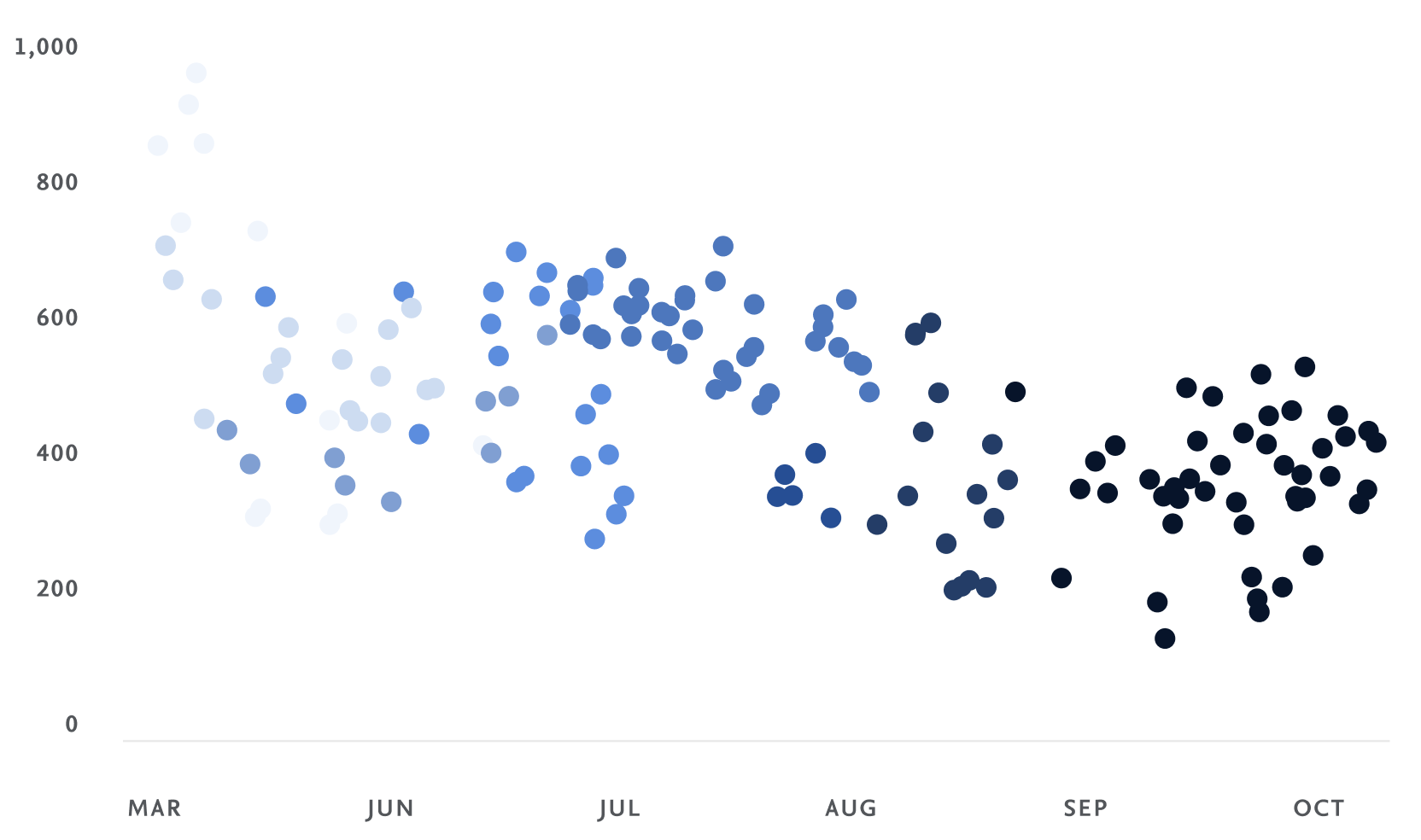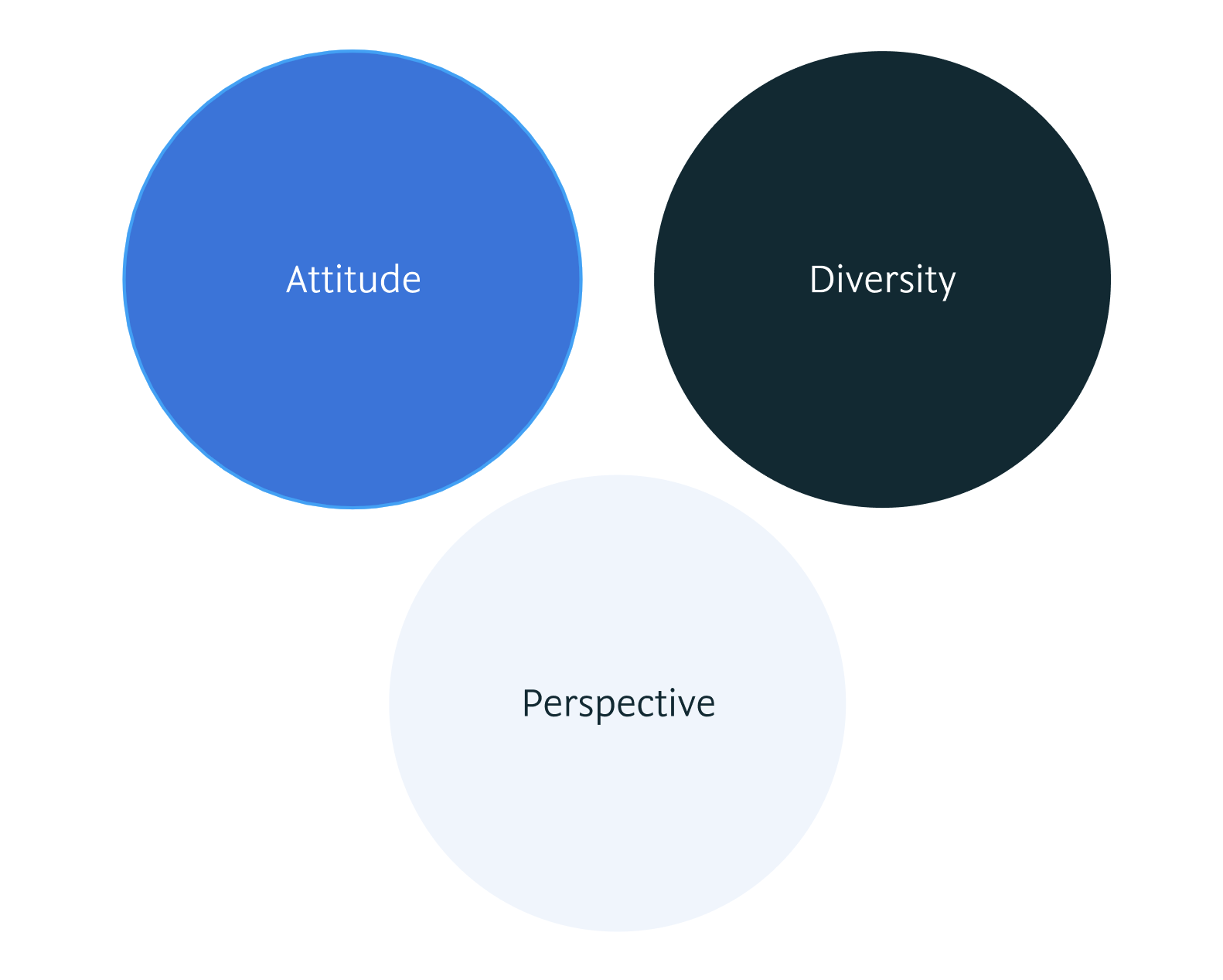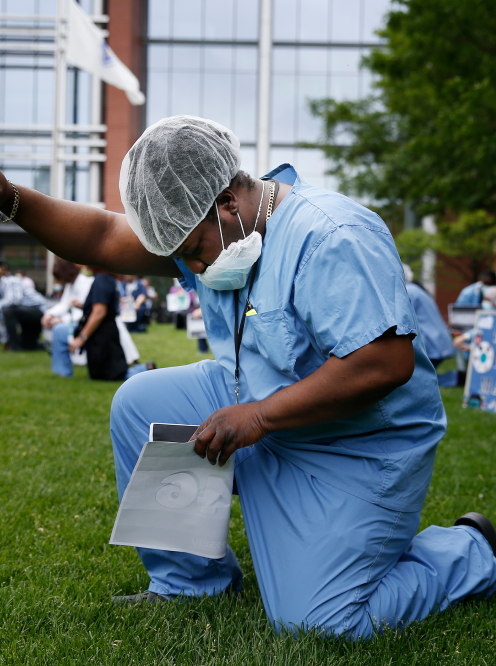Supporting novice nurses
Elsevier Clinical Nursing solutions promote endeavors to advance nursing practice and patient care.
Review nowElsevierHealthcareSeries
Written by Evan Evans
August 24, 2020 | 11 min read

Over the past months, headlines about the pandemic and protests against racial inequality have dominated the news. For Dr. Jan Odom-Forren, Associate Professor at the University of Kentucky College of Nursing, these seismic events are intertwined and together drive home the extent of systemic racism and injustice – injustice that nurses have a role in defeating: These two huge things happening at the same time feel like a single storm – you just can’t separate them. People of color are more at risk of catching coronavirus; they’re more at risk of dying once they do have it. Seeing the protests happening alongside the pandemic, the systemic racism and injustice just leapt out at me. The key reason the two are linked, Jan says, is because racism is a determinant of health. People of color are more likely to be in lower socio-economic classes and fewer people of color have health insurance, which affects their access to healthcare.
COVID-19 mortality rate for Black Americans was 2.4 times as high as the rate for white Americans and 2.2 times as high as the rate for Asians and Latinos

Jan took on the topic of the “dueling plagues” of racism and coronavirus for an editorial in the Journal of PeriAnesthesia Nursing, which builds on her earlier writing about disparity in healthcare. She lays out the issue with stark figures. At the time of writing, the overall COVID-19 mortality rate for Black Americans was 2.4 times as high as the rate for white Americans and 2.2 times as high as the rate for Asians and Latinos. That means that while Black Americans represent 13 percent of the population, they account for 25 percent of deaths. Many nurses are all too familiar with the devastating effects of coronavirus, having worked long hours for months on end caring for patients, and they are aware of the risk it poses to themselves and their colleagues. Some may wonder how also to deal with the inequality the pandemic has exposed.

In her editorial, Jan refers to the American Nurses Association (ANA) Code of Ethics, which describes a nurse's obligation to change unjust structures and processes. She writes that one cannot separate racism and violence from the impact on determinants of health such as access to care and care delivery, and notes that Florence Nightingale herself was a social reformer following her observations on poverty contributing to ill health. So how does Jan see nurses working to change deep-rooted systemic inequality? To begin with, it can mean examining one’s own biases. “I think part of it has to do with accepting that we may be part of the injustice,” Jan said. She pointed out that her column last year about disparity in healthcare was initiated following a conversation on a nursing listserv. As Jan recalls, some nurses on the listserv were incensed at the idea that there were health disparities because they were very certain they treated all patients equally. “Fortunately someone supplied evidence and made the point that while we may think we treat everyone equally, the data shows that we don’t.”
These two huge things happening at the same time feel like a single storm. Seeing the protests happening along the pandemic, the systemic racism and injustice just leapt out at me.

Jan suggests taking time to examine one’s own potential implicit biases, then taking that refreshed attitude towards change to work: For some people, putting more emphasis on tackling inequality might mean being able to affect policy change at the hospital level, the state level, or even at the national level. For some, it might mean providing medical care at protests. For others, it might be a commitment to educate yourself about the challenges others face. But it is something we have to take positive action on. Part of that journey for Jan is about sharing perspectives and thinking about broader social issues outside of one’s area of expertise. She explained: I’m an editor of a journal about perianesthesia nursing, which is a pretty narrow specialty. But there are times where, as an editor, we must bring larger policy issues to readers. So that’s one thing. I’m also trying to educate myself about other people’s experiences and perspectives and seek out that information myself. I could go to friends and say, ‘Tell me what it’s like in your world,’ but I don’t think it’s the responsibility of people of color to educate us about everything – we have to do our own education about what’s going on.


I hope that one day we’ll be able to look back and see that this was the beginning that we need to move forward.
As well as being connected at the cause-and-effect level, with systemic racism driving worse outcomes for Black people with coronavirus, Jan observes that these two plagues have also each become politically charged. Her editorial places an emphasis on the importance of evidence, but both racism and COVID-19 are subject to significant amounts of misinformation. Is there hope for peer-reviewed research cutting through the noise? Jan thinks so. I look at it from a nursing perspective, in terms of education. I have seen people I know sharing the video of frontline doctors saying you don’t have to wear a mask – where one of the doctors also believes that demon sperm is the reason women have gynecological issues. It doesn’t always help to get into a confrontation, but sometimes the thing to do is just to keep posting quality information as a counterpoint. Given the intensity of the current situation, some people may be left feeling hopeless. However, as Jan observes, the protests are simply revealing a situation that already existed. They’re not causing systemic racism – they are in a struggle against it. For me, looking at these marches, seeing all kinds of people, all races and all ages who are so committed to ending racism – that’s a positive, I think. I hope that one day we’ll be able to look back and see that this was the beginning that we need to move forward.
Daily updated from trusted sources
Practical and applicable
Direct links to full articles and education materials
Dr. Pragna Rao
The sudden switch to online learning, following the COVID pandemic, has elicited mixed reactions from students. This talk will focus on 5 strategies to help students on their remote learning journey.

Host, Elsevier Healthcare Hub Series
Dunigan O'Keeffe is a writer, editor, and consultant living in Toronto. He has worked as a journalist and content marketer for HuffPost, Daily Hive, Kotaku, Polygon, and VICE.
The latest insights on Medical Education delivered straight to your inbox.
Elsevier Clinical Nursing solutions promote endeavors to advance nursing practice and patient care.
Review nowCookies are used by this site. To decline or learn more, visit our cookie notice.
Copyright © 2025 Elsevier, its licensors, and contributors. All rights are reserved, including those for text and data mining, AI training, and similar technologies.